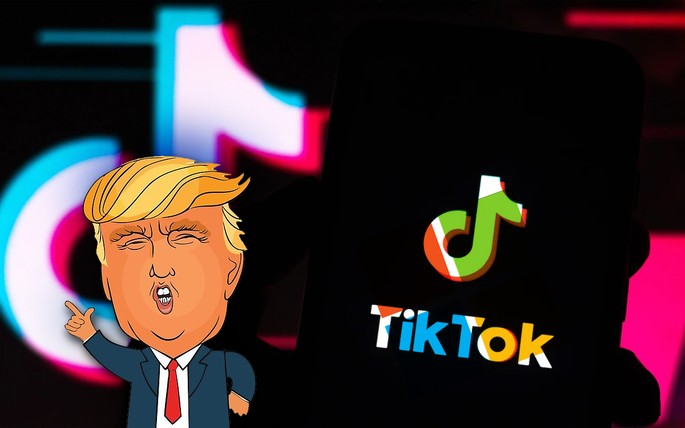
In the ever-evolving landscape of social media, few stories have captured the public’s attention quite like the saga of TikTok in the United States. Just last week, we reported on the mass migration of “TikTok refugees” to RedNote, a Chinese-owned platform, in anticipation of a U.S. ban on TikTok that was set to take effect on January 19. This was more than a simple change of platforms; it was a cultural and technological exodus, highlighting the deep integration of TikTok into American digital culture. Here, we delve into the events leading up to the ban, the subsequent unban, and what this means for the future of social media in the U.S.
The Build-Up to the Ban
The saga began years ago, with concerns over data privacy and national security due to TikTok’s ownership by ByteDance, a Chinese tech giant. The app, beloved by millions for its short-form video content, faced scrutiny from U.S. lawmakers who feared that user data could be accessed by the Chinese government. This led to a series of political maneuvers, including executive orders from the previous administration demanding ByteDance divest TikTok or face a ban.
Despite efforts to find a buyer or secure a deal to keep TikTok operational in the U.S., the clock was ticking. The Supreme Court’s signals earlier this month suggested that without a sale or significant changes, TikTok would indeed be banned. This news sparked a significant shift among users, many of whom turned to RedNote, or Xiaohongshu, as a new digital haven. This platform, known for its lifestyle content and community interaction, saw an unprecedented surge in U.S. downloads, climbing to the top of the App Store charts.
The Migration to RedNote
The transition wasn’t just about finding a new place for entertainment; it was about preserving communities, creative outlets, and even livelihoods for those who had built careers on TikTok. The move to RedNote brought about unique cultural exchanges, with American users engaging with Chinese netizens in ways seldom seen before in the digital realm. However, this migration also raised new concerns, with cybersecurity experts warning about potential privacy risks similar to those associated with TikTok.
The Unban: A Turn of Events
Just when the ban seemed inevitable, a dramatic turn occurred. President-elect Donald Trump, in a surprising reversal of his previous stance on TikTok, announced plans for an executive order to postpone its ban. This decision came amidst significant public and political pressure, with millions of users across the U.S. vocalizing their disapproval of losing the platform. The news was met with relief by TikTok enthusiasts, who saw their beloved app restored on Sunday, January 19, just hours after it had gone dark.
The unban was not without conditions. Trump’s administration hinted at a 90-day extension to allow ByteDance to divest TikTok to a U.S. company, ensuring that the national security concerns could be addressed without completely ousting the app from American markets. This move was seen as a pragmatic compromise, recognizing both the app’s cultural impact and the complex geopolitical dynamics at play.
Implications and the Road Ahead
The ban and subsequent unban of TikTok in the U.S. has broader implications for digital policy, user privacy, and international relations. It underscores the tension between national security and digital freedom, a debate that is likely to continue shaping tech policy in the coming years.
-
User Privacy: This episode has reignited discussions on data privacy, with users more aware than ever of where their information might end up. The migration to RedNote and back to TikTok has left many questioning the security of their digital footprints.
-
Platform Diversity: The temporary shift to RedNote has shown that there’s a demand for diverse platforms offering unique social interactions. This could spur further innovation in the social media space, encouraging platforms to offer more than just video sharing.
-
Geopolitical Considerations: The issue of TikTok has become emblematic of the broader U.S.-China tech rivalry. How these nations navigate such disputes will influence global digital governance.
-
The Role of Public Opinion: Perhaps most significantly, the public’s reaction to the potential ban has shown that users have a powerful voice in digital policy-making. Social media platforms are not just tools but cultural and economic ecosystems.
As we move forward, the fate of TikTok in the U.S. remains tethered to the ongoing negotiations between ByteDance, potential American buyers, and the government. The saga is far from over, but for now, TikTok users can breathe a sigh of relief, knowing their digital home is safe, at least for the moment. However, the broader questions about data security, platform sovereignty, and international tech policy are still very much on the table, awaiting resolution which could set a precedence for future happening
Visited 60 times, 1 visit(s) today
Post Views: 2,101














 and then
and then